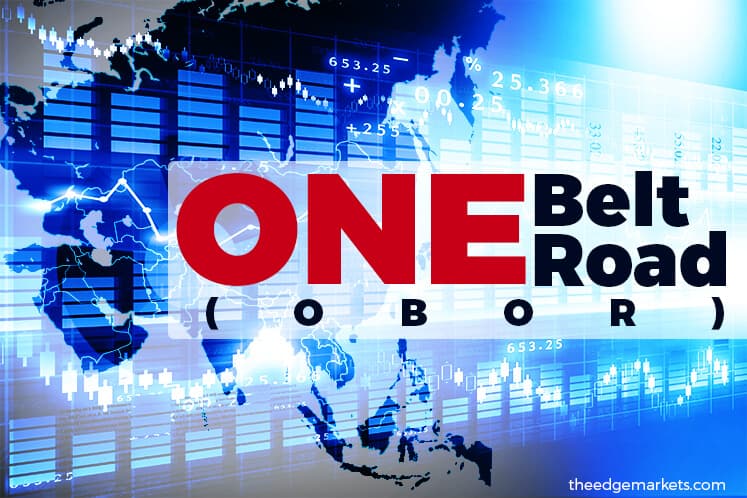
SINGAPORE (May 19): The One Belt, One Road (OBOR) Forum was touted as China’s most important diplomatic event in recent years. And noticeably, Singapore did not seem to have a seat at the main table.
At the event, China’s President Xi Jinping promoted his grand vision of boosting economic ties across the continents of Asia, Africa and Europe, and pledged US$124 billion (S$172.2 billion) to help fund infrastructure projects that would link them all up.
It made headlines across the world this past week, especially in the 29 countries whose leaders attended the two-day event in Beijing. Among them were Prime Minister Najib Razak of Malaysia, President Rodrigo Duterte of the Philippines and President Vladimir Putin of Russia.
Strikingly, Prime Minister Lee Hsien Loong was not invited.
Instead, the Republic was represented at the event by National Development Minister Lawrence Wong.
According to news reports, Wong noted that the event was focused on paving the way for Chinese companies to invest beyond their shores, especially in infrastructure projects.
“We don’t have any specific projects as of now that may be part of this Belt and Road Initiative,” Wong said. “It doesn’t mean that we are completely irrelevant.”
Yet, the expansion of China’s influence through the One Belt, One Road initiative could have significant adverse implications for Singapore.
Notably, trade routes across the region could change as a result of OBOR projects, perhaps undermining trade flows through Singapore.
According to Graham Gerard Ong-Webb of the S Rajaratnam School of International Studies, the exclusion of Prime Minister Lee could be linked to soured diplomatic relations with China.
China is “softly penalising” Singapore by taking a “nuanced decision” to invite only a Cabinet-level minister instead of Lee, Ong-Webb says.
And while Singapore has appeared to struggle with its relationship with China, some of its neighbours have moved quickly into China’s embrace.
Will Singapore get left behind?
Professor Wee Chow Hou of Nanyang Business School, who is known for interpreting the ancient Chinese military treatise Sun Tzu’s The Art of War into modern-day business principles, sees OBOR as a means for China to buy the global influence it craves.
And while Singapore has less need for Chinese money than its neighbours, it needs to recognise and adapt to China’s expansionist programme.
“Our politicians are good, honest people, but sometimes, they are too transparent,” says Wee adding that Singapore ought to take a more active role in OBOR.
Wee says Singaporeans should not gripe that it is becoming more difficult to “deal” with China.
“Don’t blame our problems on China,” he says. “We should ask ourselves: What can we offer China?”
Find out more in “Singapore-China ties under scrutiny in the wake of Belt and Road Forum” on page 6 of The Edge Singapore (week of May 22), available at newsstands now.